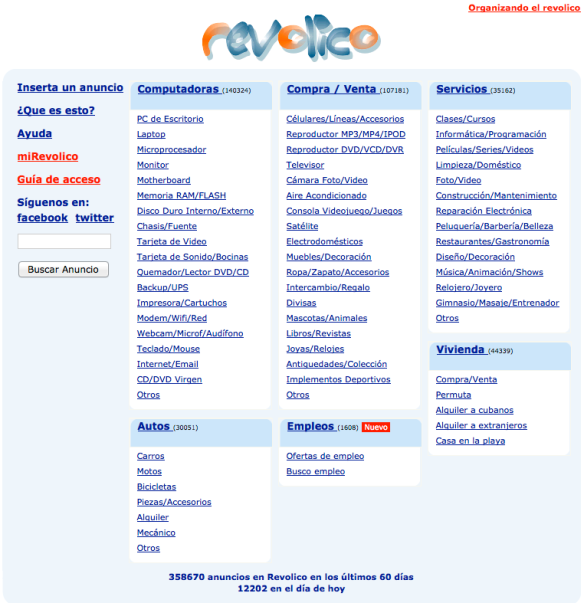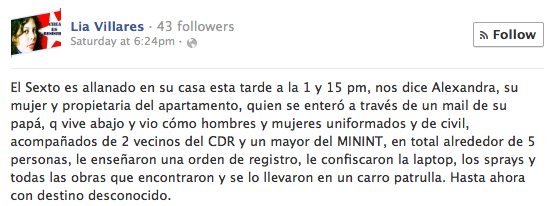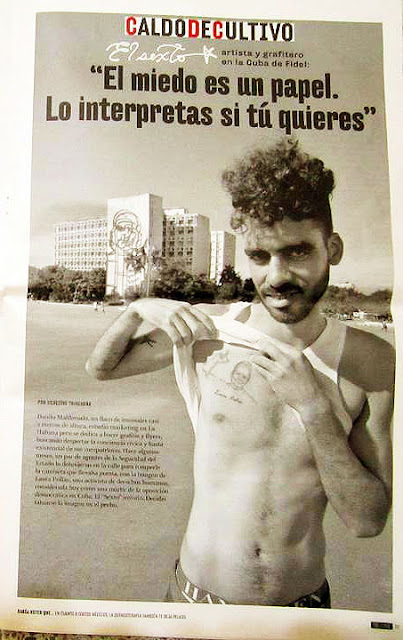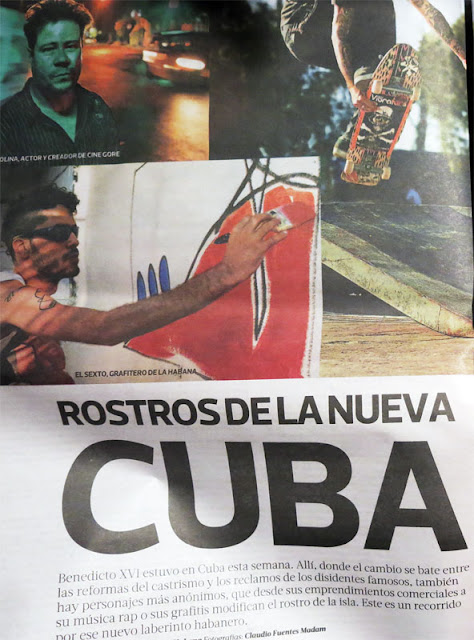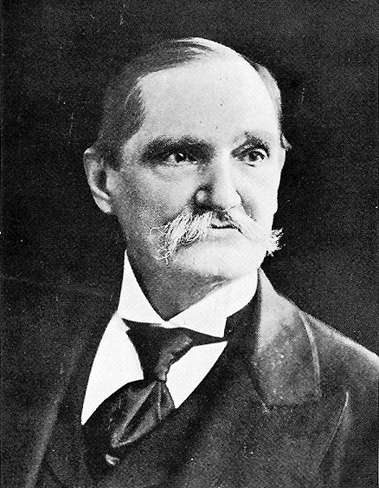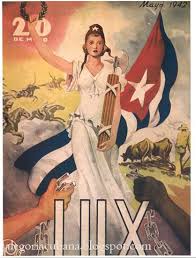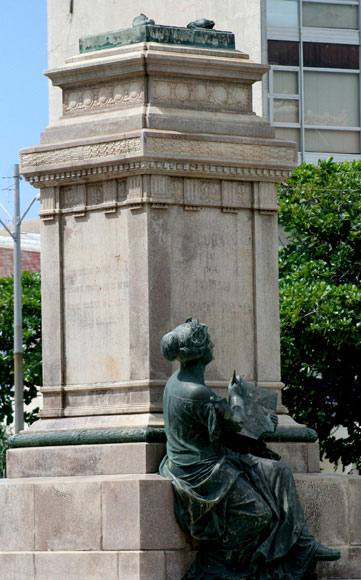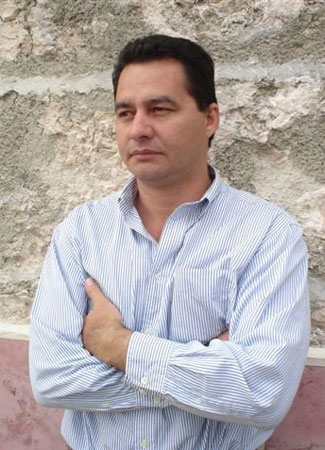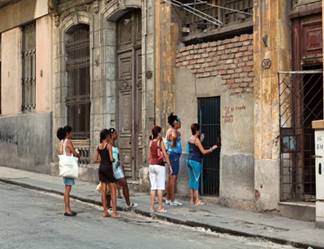Commentary by Miguel Coyula starts at about 5 minutes into the video.
The following text is taken from Indiegogo, a crowdfunding site that is supporting Blue Heart. Miguel lives in and works from Cuba.
Here is the link to help fund Blue Heart.
THE FILMMAKER:
Miguel Coyula was born in Havana, Cuba in 1977. His work is focused on blending different genres and formats into new ways of storytelling by exploring digital technology. Always working outside the film industry made his first feature Red Cockroaches (2003), for less than $2,000. The film was described by Variety as “a triumph of technology in the hands of a visionary with know-how…” and went on to gather several awards in the international film festival circuit. In 2009 Coyula was awarded a Guggenheim fellowship to develop his next film, Memories of Overdevelopment, a follow-up to the Cuban classic Memorias del Subdesarrollo (1968). The film premiered on Sundance in 2010 and went on to gather 20 awards during its festival tour. The International Film Guide chose it as the best Cuban Film of the year.
DIRECTOR´S STATEMENT:
Blue Heart is a film about the individual’s inability to escape its environment, as well a discussion about the violent nature of a revolution and its consequences. It is also an exploration of the boundaries of human behavior in a dysfunctional family. This is a foray into a dark future from an uncertain present. continue reading
I have always been interested in science fiction films that serve as a possibility to explore the strangeness of an alternate reality with specific social and political repercussions that are rooted in real events. This allow for a deeper and more meaningful reflection on the world we live in.
However, political science fiction can incur in a didactic approach. One must never make a film about a subject matter that you love or hate, otherwise it becomes a propaganda film. One must only make the film if you are not convinced 100% in either direction.
Beyond stating ideas with intellectual coolness, the film concentrates on visceral storytelling where atmosphere, and feelings and are the most immediate focus.
The story uses several elements from transmedia storytelling, where the narrative flows in a variety of formats, which include fiction from a variety of genres, newscasts, animation, web-browsing, commercials, documentary. I intend to use the digital medium to full advantage by manipulating every single image. The goal is to work the smallest details, which on a low budget becomes difficult to manage on sets. An open mind to use the world that surrounds you and find a way to weave it into your narrative is a priceless advantage of independent filmmaking. For example the Occupy Wall Street was a real event; which was adapted to the narrative of the film by inserting actors in a documentary environment, plus heavy manipulation of the images and green screen to achieve the right mood.
THE STORY:
Dr. Nicholas Fredersen faces a difficult situation after his Human Genetic Engineering project at DNA21 comes to a full stop when the practice is declared illegal in the United States. However Octogenarian leader Fidel Castro, with the aid of Chinese money sets out to build a superior New Man that will transform the crumbling Cuban Socialist system into a model society. A few years later Cuba is ravaged by pollution and acid rains, becoming economically dependent on Chinese Investments of ever-growing oil drilling in the deep seas. Inheriting the worse of communism and capitalism, the country has become a corrupt dystopia on permanent crisis. The New Men turn out to be powerful but uncontrollable and dysfunctional in several ways. Outcasts of the system that created them, they set out to destroy the very fabric of society with devastating consequences. When the US government discovers that Dr. Nicholas Fredersen has been collaborating with the Cuban government in this enterprise. Tensions between the two countries begin to complicate.
This is the world Tomás lives in. He is a widowed, middle aged photo-journalist who lives with his teenage son David, an introverted teenager who escapes into the alternative reality of his drawings. One day, while taking pictures in ruins, Tomás finds Elena, an enigmatic young woman who casts a spell on him. He takes her home and this creates initial frictions with David, who later grows equally fascinated by her. A triangle develops as the tensions between the three characters escalate, in parallel to the national crisis. Gradually they both connect and explode as Elena might be linked with the terrorist group.
RISKS AND CHALLENGES:
We have most of the cast in place and ready to go. A science fiction film of this scale on such a budget is a thrill of a challenge and like any other great adventure, a must do for me. The focus is to complete principal photography within 3-4months of shooting. The rest will be all up to the post-production time. I sometimes take a long time to complete editing, but I have always completed every film project I have undertaken because of patience and obsessive tenacity: Two things to make up for the lack of a larger budget. Time is essential to create a solid film.


